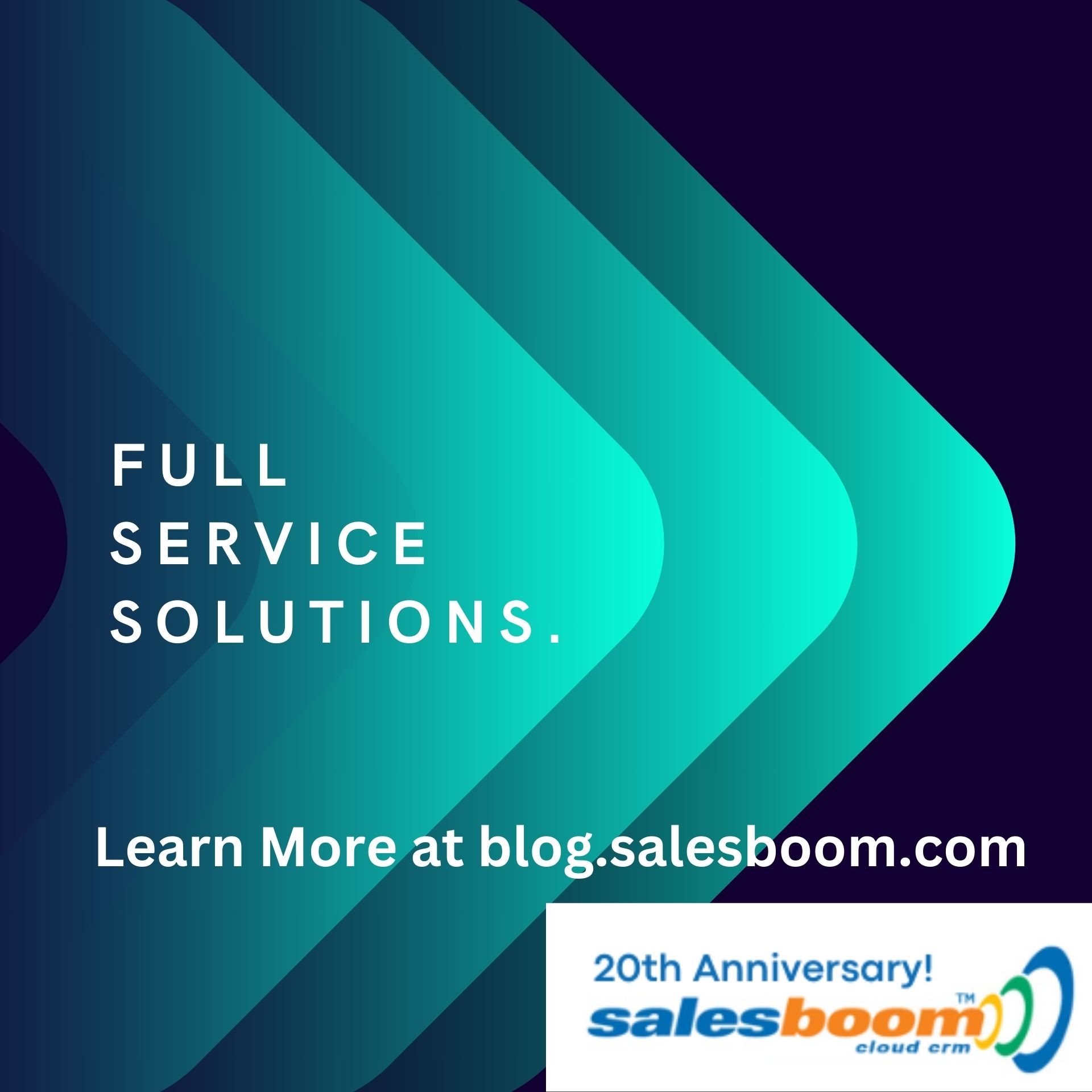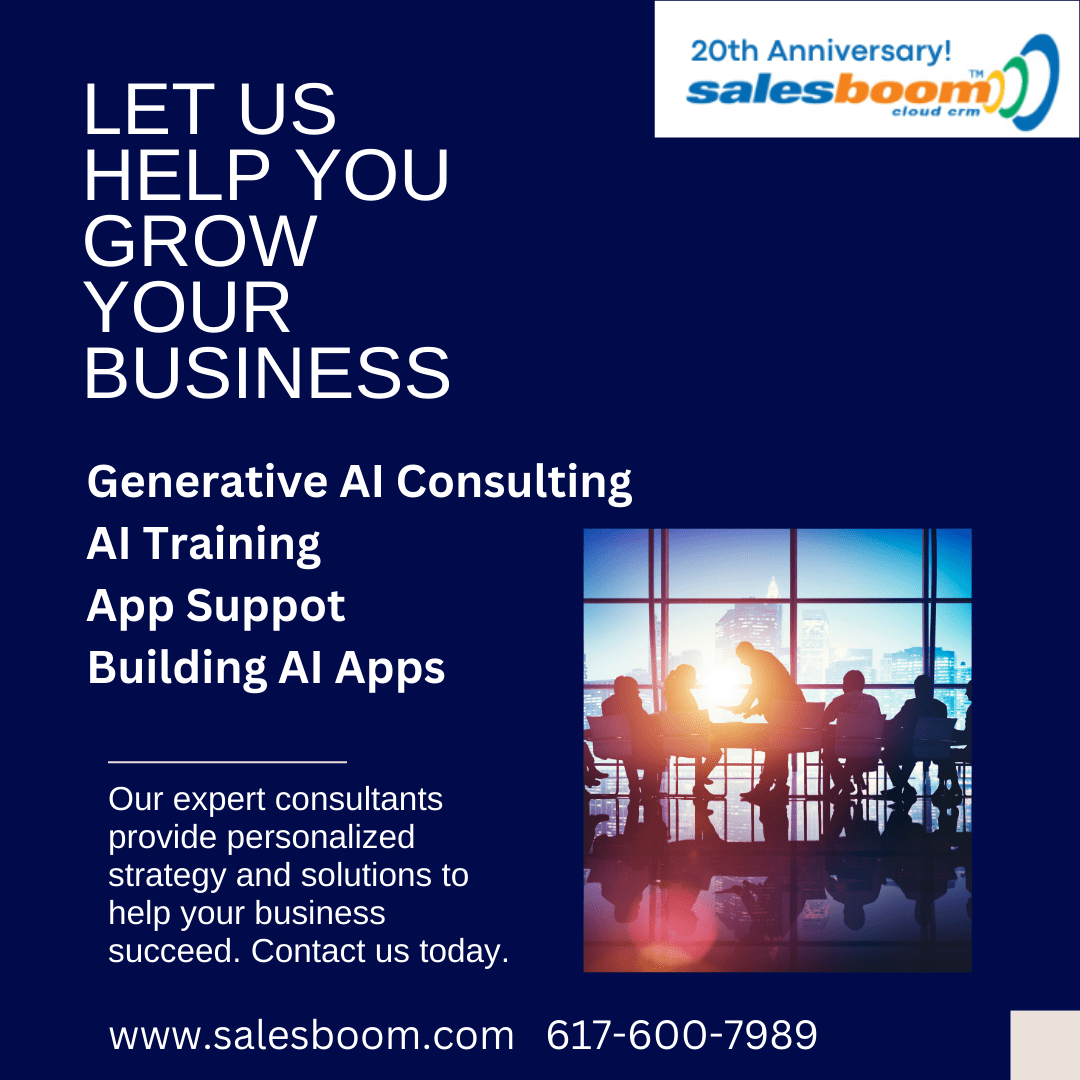20 Reasons to Switch CRM Systems
Content:
- Introduction
- Unmet Needs
- Lack of User-friendliness
- Integration Issues
- Mobile Incompatibility
- Limited Features & Functionality
- Cost Prohibitive
- Lack of Scalability
- Subpar Customer Support
- Reliability Issues
- Outgrown System
- Mergers & Acquisitions
- Evolving Business Model
- New Tech & Features
- Data Security Concerns
- Insufficient Reporting & Analytics
- Lack of Multi-language & Multi-currency Support
- Shift to Cloud
- Reputation Matters
- Industry Standards
- Need for Customization
-
Unmet Needs
The existing system no longer aligns with the strategic objectives or operational needs of the company.
-
Lack of User-friendliness
An overly complicated or unintuitive interface can lead to decreased user adoption and inefficiencies.
-
Integration Issues
The CRM doesn’t seamlessly integrate with other critical business tools or systems, leading to disjointed operations.
-
Mobile Incompatibility
In a mobile-first world, a CRM system that isn’t mobile-friendly can significantly limit remote work and on-the-go data access.
-
Limited Features & Functionality
The CRM doesn’t have the features necessary to accommodate modern business processes.
-
Cost Prohibitive
The system might be too expensive relative to its value, especially if there are cheaper alternatives that offer more or better functionalities.
-
Lack of Scalability
As businesses grow, their CRM should adapt to handle increased data and users. An inflexible CRM can stifle growth.
-
Subpar Customer Support
Inadequate support can leave businesses stranded during critical times.
-
Reliability Issues
Frequent downtime, bugs, or glitches can severely hamper productivity and customer service.
-
Outgrown System
The business has matured or expanded beyond the capabilities of the existing CRM.
-
Mergers & Acquisitions
Integrating operations from another company may necessitate a more universal or adaptable CRM.
-
Evolving Business Model
Changes in products, services, or overall business strategy might make the current CRM unsuitable.
-
New Tech & Features
Missing out on the latest technological advancements can put companies at a competitive disadvantage.
-
Data Security Concerns
If the CRM doesn’t comply with the latest security standards, the company's sensitive data might be at risk.
-
Insufficient Reporting & Analytics
Modern businesses thrive on data-driven decisions. Without robust analytics, they're flying blind.
-
Lack of Multi-language & Multi-currency Support
As businesses expand globally, CRMs should cater to diverse linguistic and financial needs.
-
Shift to Cloud
With its benefits in accessibility, updates, and security, many companies are migrating to cloud-based CRMs.
-
Reputation Matters
If there's a CRM with better reviews, testimonials, and a proven track record, it's worth considering.
-
Industry Standards
Adopting a CRM that's prevalent in a specific industry can ease integrations, partnerships, and collaborations.
-
Need for Customization
Every business is unique. A rigid CRM that doesn’t allow for custom-tailored solutions can be a bottleneck.
In the fast-paced world of modern business, having an effective Customer Relationship Management (CRM) system isn't just a luxury—it's a necessity.
CRM systems are pivotal tools that help businesses track interactions, manage relationships, and analyze customer information throughout their lifecycle. They provide invaluable insights, streamline processes, and bolster customer experiences. However, the digital landscape and business needs are constantly evolving.

What worked perfectly a few years ago might now be a roadblock to growth and efficiency. Recognizing when your CRM system is no longer serving its purpose is crucial for maintaining a competitive edge. Here’s why businesses should periodically reassess their CRM systems and consider the significant benefits of making a switch.
The decision to migrate to a new CRM system is not one to be taken lightly. It involves not just a financial commitment but also a substantial investment in terms of time and resources for migration and training.
However, sticking with a CRM that's falling behind the times can lead to missed opportunities, inefficiency, and frustration among staff and customers alike.
A shift in CRM systems can rejuvenate your business processes, offer better data insights, enhance customer engagement, and ultimately drive growth.
But what are the specific signals that prompt this strategic shift? From struggling with outdated technology to grappling with poor customer service, there are numerous telltale signs that it's time to move on.

In the following discussion, we delve deep into the top 20 reasons why a company might find it advantageous—or even necessary—to switch their CRM systems.
These reasons range from technological advancements and evolving business strategies to changing market demands and beyond. Let's explore how a change in your CRM can unlock new potential for your business.
20 Reasons to Switch CRM Systems
In today's dynamic business environment, an efficient Customer Relationship Management (CRM) system is pivotal to manage and analyze customer interactions and data throughout the customer lifecycle. However, sticking to an outdated or ineffective CRM can hamper your business growth.
Here are 20 compelling reasons why businesses might consider making a switch:

In conclusion, recognizing when it's time to switch CRMs can be as crucial as choosing a CRM in the first place. Making the right choice can propel a business forward, improving both customer relationships and bottom lines.
Embracing change, especially in the realm of technology and customer relationship management, can be daunting yet invigorating. The decision to switch CRM systems is not merely about replacing one software with another; it’s about strategically realigning your business tools to better meet the demands of your customers and the goals of your enterprise.
The landscape of CRM technology is ever-evolving, and what was once a state-of-the-art system could now be a hurdle in your business's path to efficiency and growth.
The 20 reasons to switch CRM systems we've discussed illuminate a clear message: the right CRM can be a catalyst for transformation, driving better customer engagement, smarter business decisions, and improved operational efficiency.
It's important to consider how each factor - from cost and functionality to integration capabilities and support - weighs into your unique business context.
Remember, a CRM switch is not just about overcoming the limitations of your current system; it's an opportunity to leap towards future-readiness and sustainable growth.
As you contemplate the transition, take the time to understand your team's needs, evaluate the options available carefully, and choose a solution that scales, evolves, and aligns with your business vision. With careful planning, clear objectives, and a focus on both immediate needs and long-term goals, a new CRM system can propel your business into its next chapter of success and innovation.